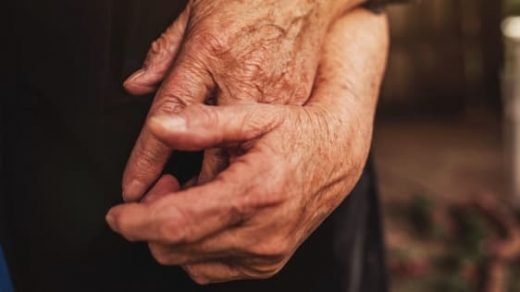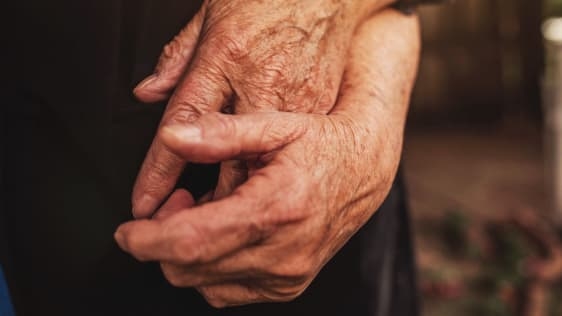An ethical argument for sex robots as a human right
Nancy Jecker, a professor of bioethics at the University of Washington School of Medicine, chronicles how later-life sexuality is alive and not-so-well for isolated older people, many of whom face mobility difficulties. She says that sexual capacities are essential functions, intimately tied to physical, mental and emotional health, and that making sex robots available for older people is a societal responsibility.
“Designing and marketing sex robots for older, disabled people would represent a sea change from current practice. The reason to do it is to support human dignity and to take seriously the claims of those whose sexuality is diminished by disability or isolation. Society needs to make reasonable efforts to help them,” says Jecker.
Her article, titled “Nothing to be Ashamed Of,” traces the medical and science-based biases toward sexual activity among senior citizens, noting that healthcare providers avoid the topic, despite frequent sexual concerns and nearly half reporting loneliness.
Jecker hopes that the robot industry can move past creating bots either just for sex or friendship, perhaps following the path of Japan, which has awakened to robots as pets and beings to meet a variety of social relationships.
“There’s a whole spectrum of human desires,” she says, and robot designers should think not in terms of robots’ utility, such as sexual pleasure, but “on what the robot enables the person to do and be.”
(12)



